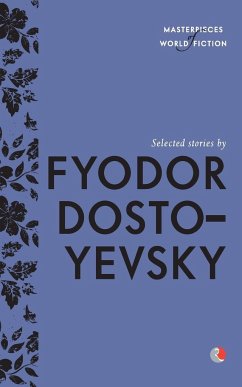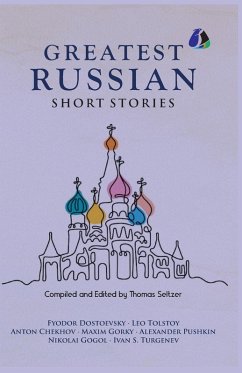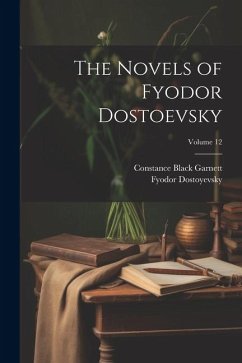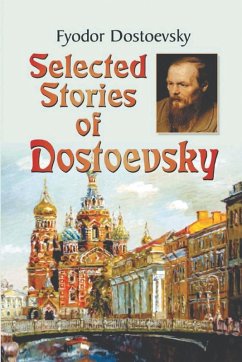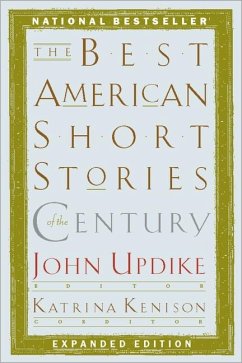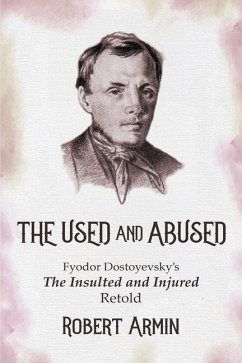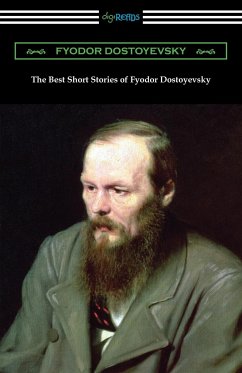
The Best Short Stories of Fyodor Dostoyevsky
Versandkostenfrei!
Versandfertig in 1-2 Wochen
15,99 €
inkl. MwSt.
Weitere Ausgaben:

PAYBACK Punkte
8 °P sammeln!
After a brief military career, the illustrious Russian author Fyodor Dostoyevsky quickly turned to writing as a profession with the publication of his first novel, "Poor Folk" in 1846. This novel sparked a literary career that would eventually cement Dostoyevsky’s reputation as one of the greatest novelists of the nineteenth century. Early participation in a literary political group landed the writer in exile in Siberia for nearly a decade, an experience which had a profound influence on Dostoyevsky’s understanding of fate, the suffering of human beings, and resulted in a powerful religiou...
After a brief military career, the illustrious Russian author Fyodor Dostoyevsky quickly turned to writing as a profession with the publication of his first novel, "Poor Folk" in 1846. This novel sparked a literary career that would eventually cement Dostoyevsky’s reputation as one of the greatest novelists of the nineteenth century. Early participation in a literary political group landed the writer in exile in Siberia for nearly a decade, an experience which had a profound influence on Dostoyevsky’s understanding of fate, the suffering of human beings, and resulted in a powerful religious conversion experience. Dostoyevsky’s works are marked by his penetrating exploration of psychology and morality and today he is considered one of the most important "existentialist" writers. This representative collection of Dostoyevsky’s short stories spans his impressive career and includes such classics as "White Nights", a heartbreaking tale of loss; the famous "Notes from the Underground", an important work of guilt and cynicism; and "The Honest Thief", which centers on a sad criminal who cannot resist committing crimes. Also included in the this collection are "A Christmas Tree and a Wedding", "The Peasant Marey", "A Faint Heart", and "The Dream of a Ridiculous Man". This edition follows the translations of Constance Garnett and is printed on premium acid-free paper.




